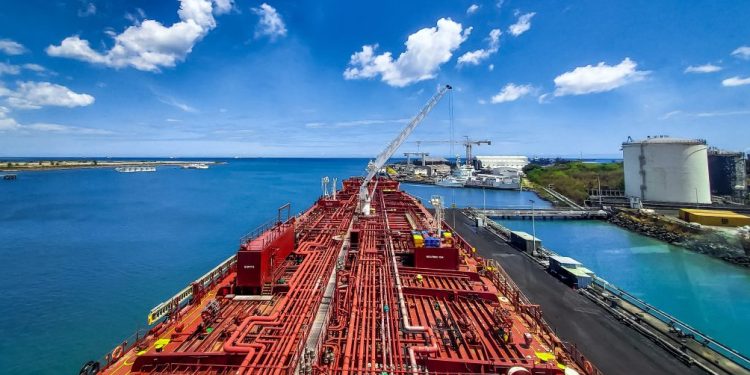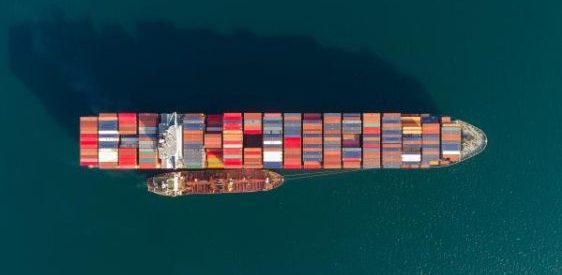June 19, 2025

The Danish Maritime Fund has allocated DKK 16 million (approx. US$2.5 million) to a range of maritime technology projects across 18 different initiatives as part of its second funding round of 2025.
As explained, the areas of focus span across Maritime Entrepreneurship and Innovation (8 projects), Employees of the Future (6 projects), and the Green Transition (4 projects). These three pillars are now joined by a fourth: Maritime Security & Preparedness, with a focus on maritime technologies and services.
Among the technology-driven projects, Søens Tech is developing an autonomous underwater vehicle equipped with AI for remote monitoring of oceans and maritime installations. Similarly, Incremental Maritime is working on digital tools to automate green fuel selection, helping shipping companies reduce CO₂ emissions.
The IT University of Copenhagen has also received funding for a one-year research project aimed at optimizing AI-assisted stowage planning to cut time and computing power.
Furthermore, in support of environmental protection, Danish Shipping is developing a digital route planning tool that combines nautical charts with environmental data to reduce the shipping industry’s impact on marine biodiversity. As stated, this tool aims to help vessels navigating Danish waters make environmentally responsible decisions by identifying sensitive marine areas and suggesting sustainable routing options.
We who make our living from and on the sea have a clear responsibility to help reduce our negative impact on marine life. We must do this by minimising our emissions until global shipping becomes climate-neutral — but also by taking greater care of marine biodiversity.
…said Nina Porst, Executive Director of Climate, Environment and Security, Danish Shipping
About crew wellbeing, the Danish Maritime Authority has received support for a mental health and anti-harassment campaign. Developed in collaboration with shipping companies and professional organizations, the campaign aims to foster a culture of respect on board and provide practical tools to address conflicts and promote wellbeing.
Moreover, Copenhagen Business School is launching three new HD online courses for seafarers in Maritime Digitalisation, Macroeconomics and International Trade, and Business Economics and Shipping, offered via distance learning and aim to upskill the maritime workforce and make continuing education more accessible for seafarers at sea.

